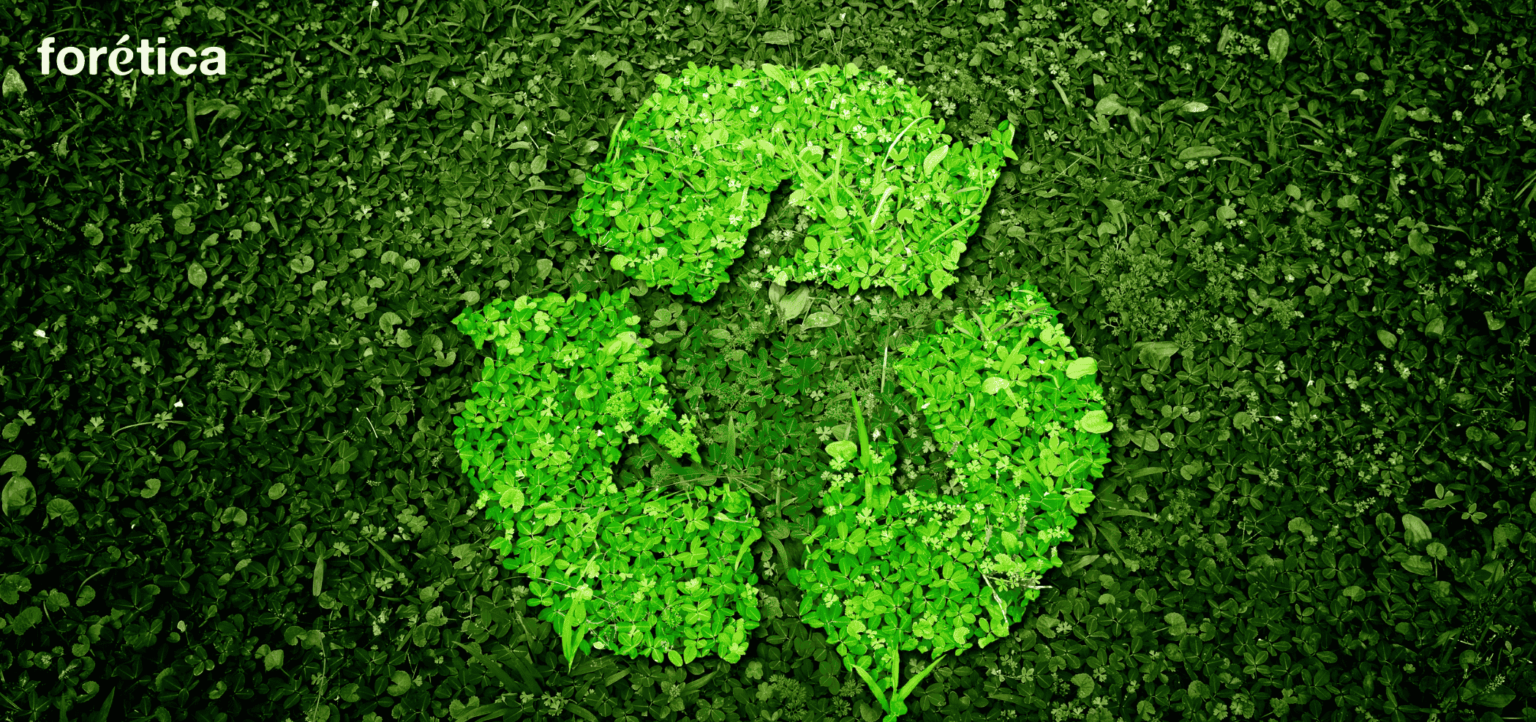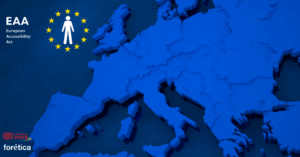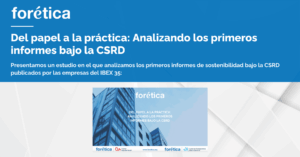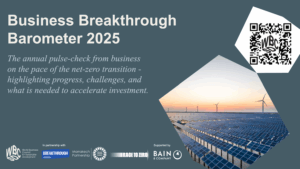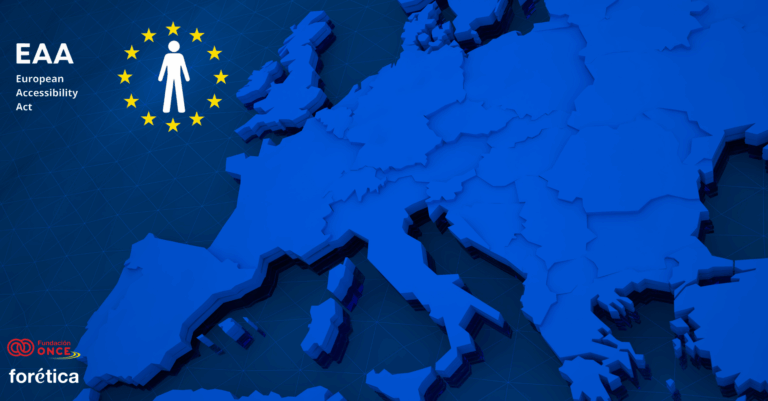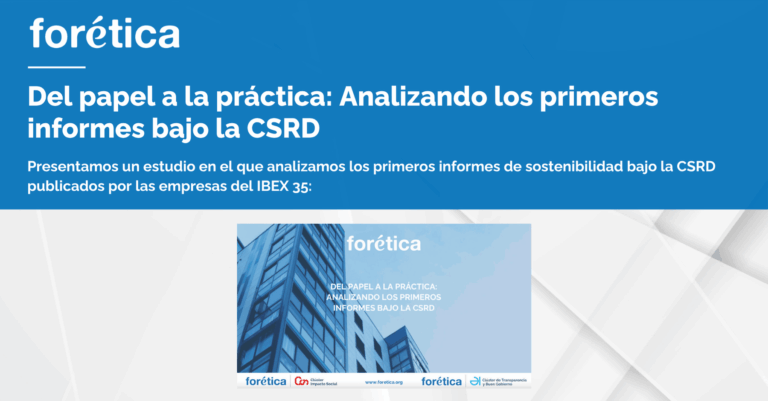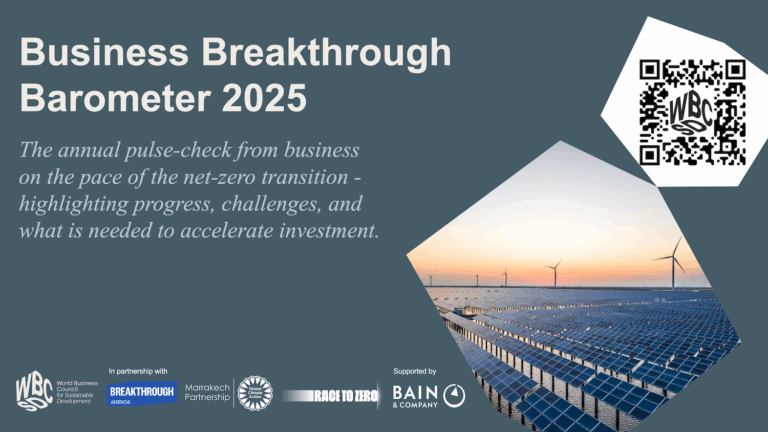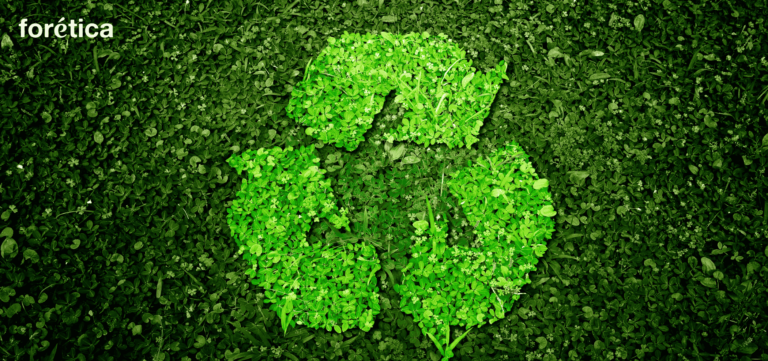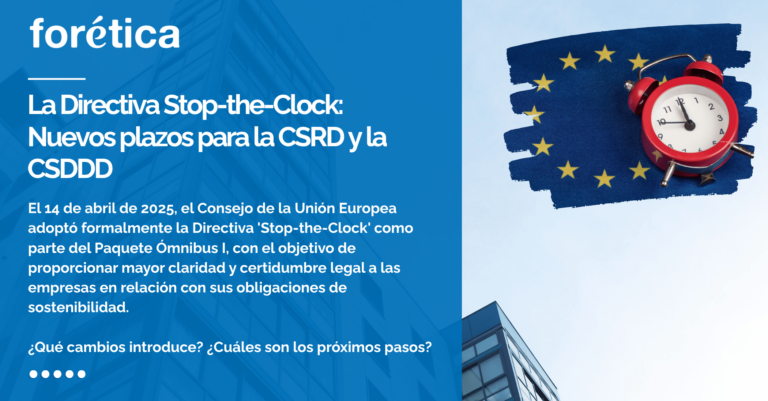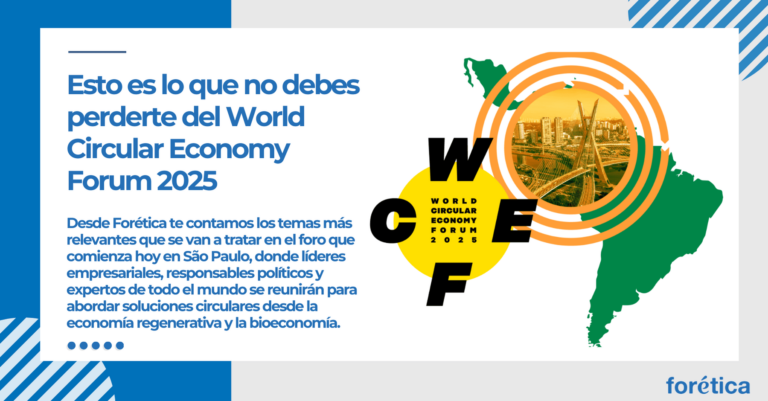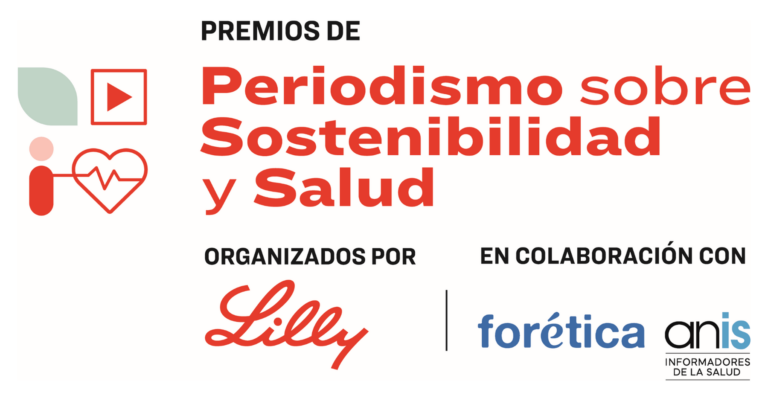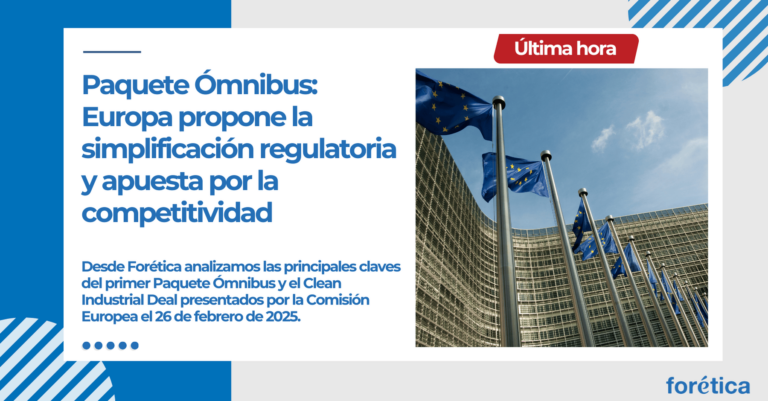Desde que la UNESCO lo estableció hace 20 años, el 17 de mayo se celebra el ‘Día Mundial del Reciclaje’. Es una oportunidad para reflexionar sobre la importancia de esta práctica tanto en nuestros hogares como en las empresas. Reciclar no sólo contribuye a reducir la cantidad de desechos en los vertederos, sino que también combate la contaminación ambiental al disminuir la necesidad de extraer y procesar materias primas. En los hogares, el reciclaje permite a cada persona ser una agente de cambio, adoptando hábitos que reducen el impacto ambiental y fomentan una cultura de sostenibilidad. Por otro lado, en las empresas, el reciclaje representa una oportunidad estratégica para optimizar recursos, reducir costes operativos y mejorar su reputación entre consumidores cada vez más concienciados.
En España se han realizado muchos esfuerzos para fomentar y fortalecer el sistema de reciclaje desde la administración pública, el sector privado y los hogares. Según Eurostat, reciclamos la mitad de los residuos tratados (excluyendo los residuos minerales). Adicionalmente, reciclamos casi el 70% de los envases de todo tipo (incluyendo papel y cartón, plásticos, de madera, metálicos y vidrios) y de los residuos de aparatos electrónicos recogidos selectivamente. Analizando estas cifras, a pesar de estar por debajo de la media de la Unión Europea, se podría poner en valor el esfuerzo realizado, pero… ¿y si os dijera que no es suficiente?
En 2023, España registró una tasa de circularidad (esta es, la tasa de materiales reciclados y reintroducidos a la economía) del 8,5%, más de 3 puntos porcentuales por debajo de la media de la Unión Europea. Existe la falacia de creer que con reciclar los materiales ya estamos cumpliendo con nuestras responsabilidades ambientales. Sin embargo, esto NO es así. El reciclaje es parte de un gran engranaje de acciones y cometidos dentro del concepto de economía circular:
Figura 1: Escalera de “R” en la Economía Circular
Esta ilustración representa el diagrama de mariposa o la “escalera de R’s” en la economía circular, el cual muestra los procesos por los que debemos de pasar a la hora de tratar con nuestros recursos. Como se puede apreciar, existen hasta tres procesos antes de llegar al propio uso, siendo estos rechazar, repensar y reducir. Este enfoque nos hace reflexionar sobre nuestra mentalidad acerca de la cadena de valor y de nuestras acciones cotidianas. Posteriormente, los siguientes pasos involucran el haber utilizado el recurso, y no es hasta antes del desecho (para generar energía) del producto, que no entra en juego el reciclaje. Asimismo, en la economía circular se suele relacionar únicamente el tratado de materiales, cuando realmente abarca mucho más. Es fundamental abordar recursos como el agua y la energía bajo una perspectiva de ecoeficiencia, aplicando principios de la economía circular para optimizar su aprovechamiento, reducir pérdidas y maximizar su reutilización en procesos industriales y sostenibles, tanto para la empresa como para el planeta. Es por ello que desde Forética, en el Grupo de Acción de Economía Circular, estamos abordando la circularidad del agua, y una gestión eficiente de la misma.
En definitiva, reciclar no es sólo una responsabilidad, sino una oportunidad para construir una sociedad más equitativa y respetuosa con el planeta, donde cada acción cuenta para preservar la riqueza ambiental que nos rodea. No obstante, recordad que, para salvar al planeta, el reciclaje es una condición necesaria pero no suficiente.

